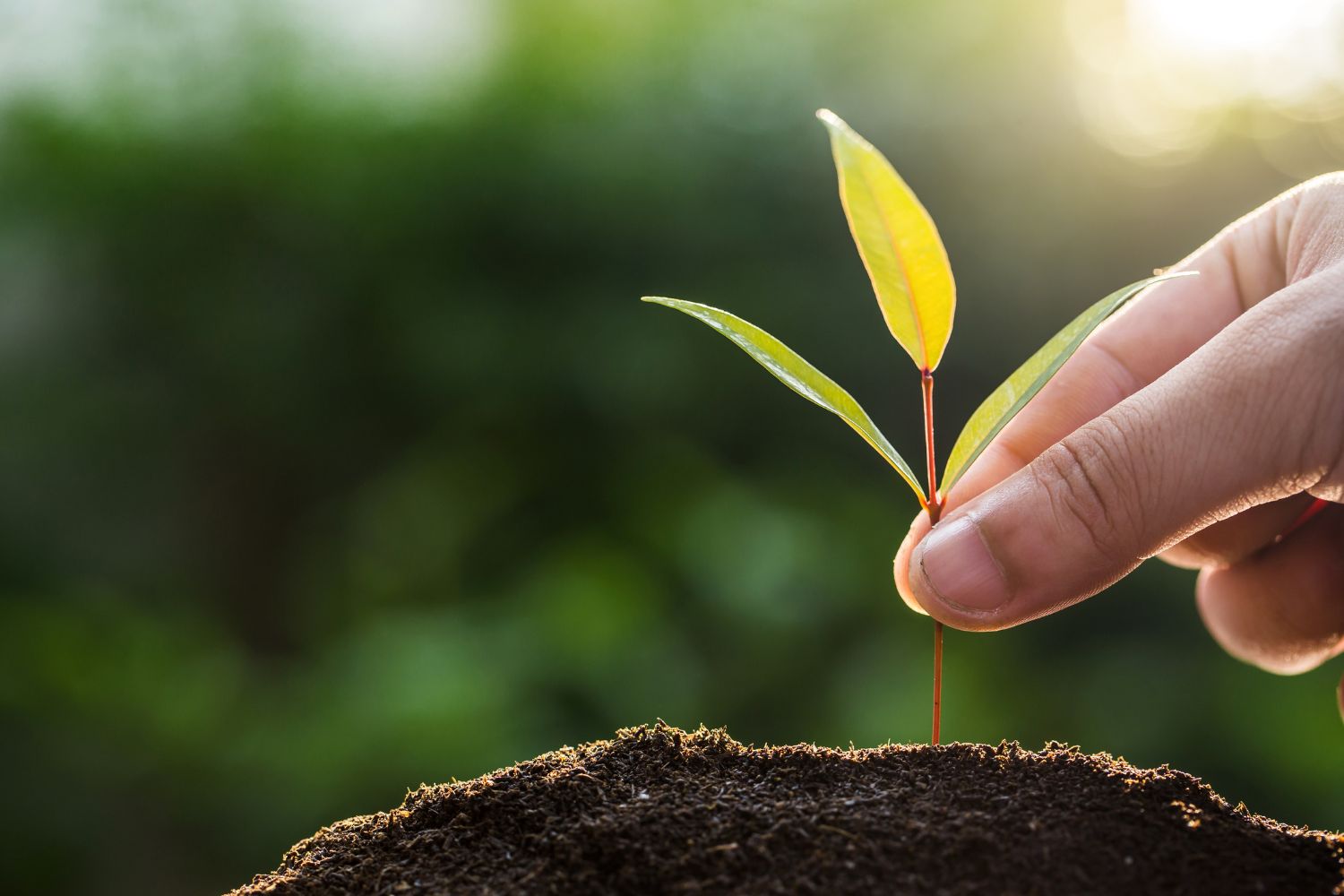
5 ways to start a sustainable business transition
When talking about sustainable transition, we are referring to the need for a radical transformation of society toward goals of equity and harmony with the Planet. Climate change, social inequality, and the risk of new pandemics are merely a few of the global crises that lie ahead. Rather than standing by, both individuals and businesses are called upon to do their part.
In recent years, more and more companies are embarking on sustainable transition paths. Consumers are becoming more aware of environmental and ethical issues, leading to a higher demand for green products and services, as well as greater attention to the policies implemented by companies.
Businesses are expected to rethink their role with respect to these environmental, social, and economic pressures, set clear goals, and pursue them with gradual and consistent improvements, also in light of the 2030 Sustainable Development Goals.
Sustainable transition is nothing less than a journey toward more responsible growth, with many different directions. In this article, we explore five possible paths that, crossing each other, can make a difference.
1. Responsible sourcing
Sourcing raw materials and products is one of the first steps in starting a sustainable transition path. Both environmental and social impact should be considered when choosing suppliers: where do the raw materials come from? What are the working conditions of the labor force? It doesn’t matter how good the final product is: if the supply chain has dark sides, the corporate reputation will suffer.
For EPO, supporting the supply chain of medicinal plants and local businesses is a cornerstone of sustainable transition. We have always promoted the social and cultural development of the communities in which we operate through agronomic programs, biological control, and pollinator insect protection.
2. Investment in innovation and research
Investing in technology and research is another strategy for a more sustainable and efficient business. Such an investment allows companies to increase the value of their products and services in terms of quality, safety, and effectiveness. There is no fixed path here: depending on the field in which it operates, each business can choose the solutions that offer greater long-term benefits.
EPO also has a strong focus on innovation. Every year we invest significant resources in R&D projects, patents, preclinical and clinical studies, scientific publications, equipment, and digitization.
3. Employee training and development
Sustainability is not a solo journey. Companies must involve their employees in the process through training and motivation.
Adopting a code of ethics with clear and shared principles is a great place to start. Compliance with the practices by the team will need to be constantly monitored, without overlooking small daily actions. How could you think of reducing the carbon footprint if you can’t even recycle properly?
Employee involvement, however, does not have to be a one-way process. New ideas and suggestions can come from any direction. Listening to feedback and implementing it in the course of action will make the team even more engaged and united.
Our new Code of Ethics came into effect on June 1, 2022. Click here to learn more about it.
4. Protect biodiversity and reduce the environmental footprint
Humans and all living species are bound together by very thin but strong threads, which more and more often risk breaking. Protecting biodiversity is essential for everyone’s survival and health. How to do it? By reducing waste, water consumption, and plastic use in packaging, choosing electricity from renewable sources, supporting biodiversity projects... The possibilities are many and change from business to business.
For years we at EPO have been committed to decreasing the amount of vegetable waste and by-products, studying possible alternative uses together with research institutions and universities, in order to give a "second life" to whatever can be reused.
In the agronomic field, we support projects for the protection of endangered plant and animal species, cooperating with universities and local entities.
5. Promoting culture
Sustainability also comes through cultural awareness. Knowing our past and heritage makes us feel more responsible for the future. Nurturing the knowledge, curiosity, and enthusiasm of the younger generation is the key to a more sustainable world.
For us at EPO, science, culture, and art are inseparable. That is why we support associations committed to the promotion of artistic experiences and the protection of the landscape, such as the Fondo Ambiente Italiano.
In collaboration with research institutions and universities, we support projects that connect medicinal plants to the world of culture and art, and we constantly raise awareness through our social channels.
Our journey was not born overnight, but is the result of long planning and commitment, leading to a new awareness and a new way of doing business. In the words of our CEO Mirella Rigamonti Rodi, “This is a serious but imperative cultural change that requires the involvement of all stakeholders and the adoption of a circular model of information and knowledge.”